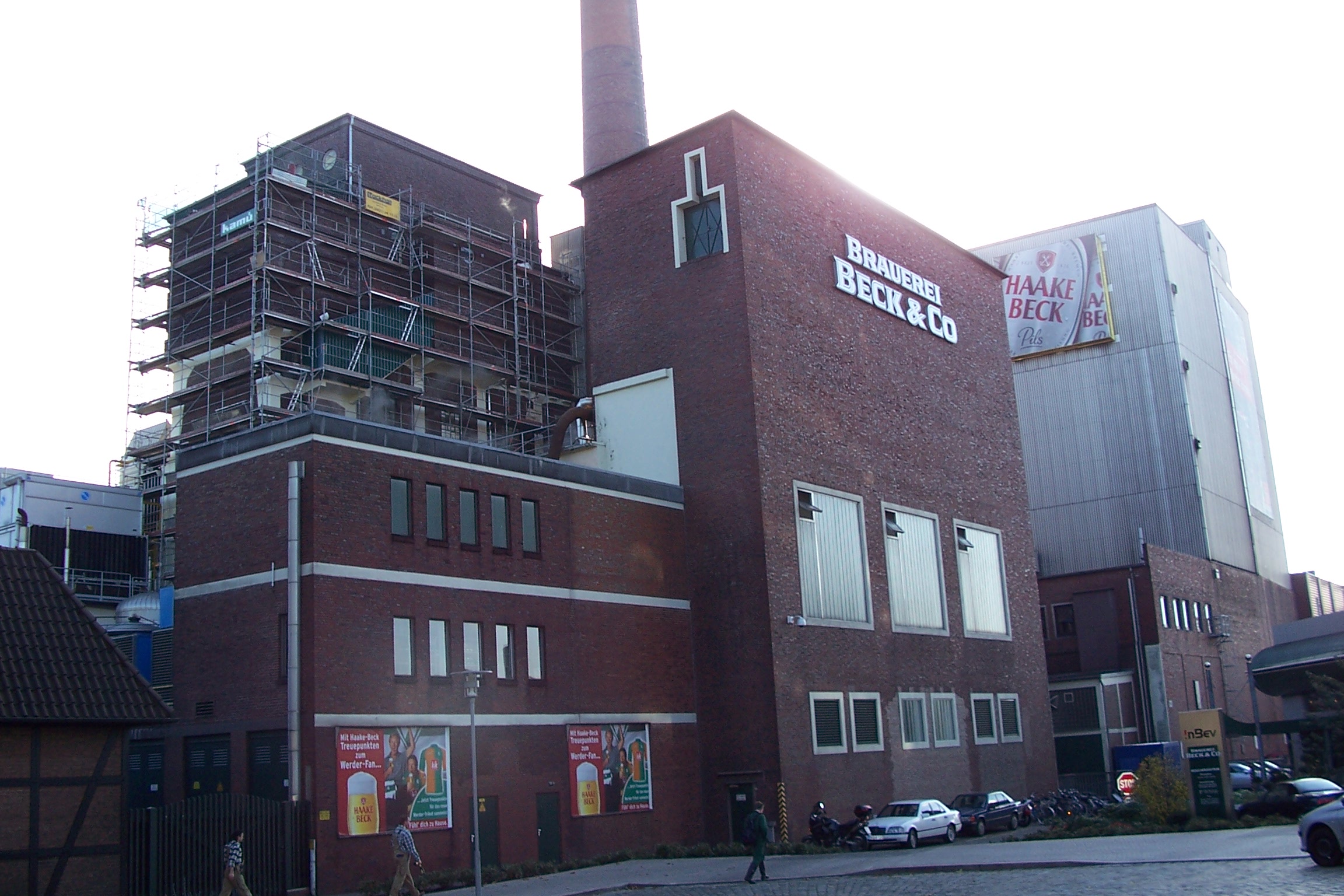Chapter 3
Group Members:
Mohammed A
Andrew P
Tatiana S
Kropp: He is a thinker and he suggests that instead of the
soldiers fighting against each other during
war that declaration of war be a festival where ministers and generals
armed with clubs fight among themselves. then whichever side wins the festival
wins the war.
Katczinsky (also called Kat) : He is the one who always
scavenge for food with success. He finds Horse flesh and bread in an area an
artillery man claims there is nothing to found. He also knows how to cook.
Haie Westthus: He held Himmelstoss down during his beating
and he gave the coup de grâce to Himmelstoss during his beating. He knows how
to operate under Kat's orders.
Tjaden : Since he has a grudge against Himmelstoss he is the
one who gets satisfaction from beating Himmelstoss mostly. He gains some
self-satisfaction by getting his revenge against Himmelstoss for his
“treatment” for wetting the bed. Being part of the beating made him less afraid
of Himmelstoss.
Himmelstoss: He was a postman before the war and he became a
drill sergeant after enrolling in the war. He is beaten by a group of soldiers
he is in charged of because he abuses of his authority. Himmelstoss begins to
lose his authority over his men who no longer fear him after they beat him. he
did not discover who beat him.His superiors praise him for being strict but the
soldiers despise him for that.
Paul : He is closed to Haie because they knew each other
just before living for the front. He had the bed cover that was use to cover
Himmelstoss during the beating. Tjaden and him were the one who covered him
when he entered the barracks.





